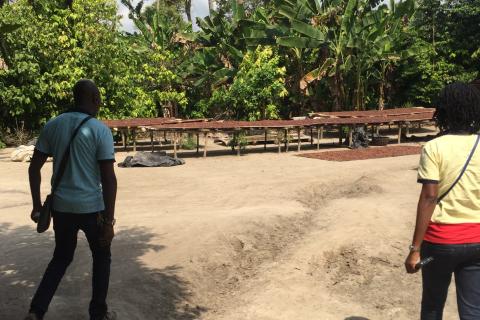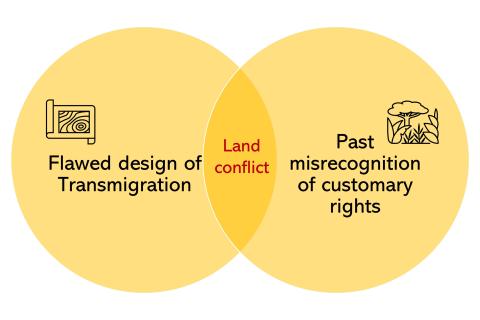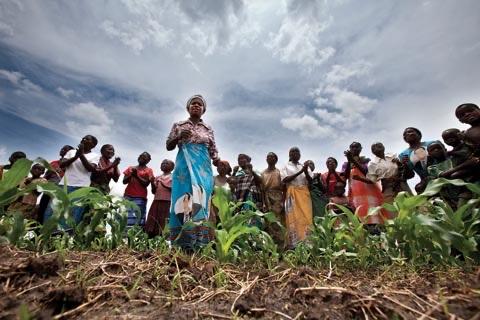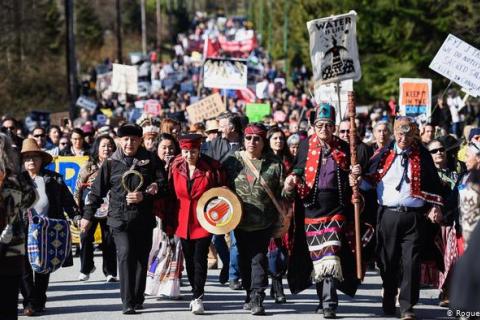Intermediary actors as important justice brokers in land use governance
The effectiveness of sustainable land use governance can be undermined if local affected people perceive land-use policies as not reflecting social objectives, or as ‘unjust.’ To transform externally-conceived sustainability principles from the international level into on-the-ground practice, involves the interplay of various organizations and peoples from the government, civil society, and the private sector.












